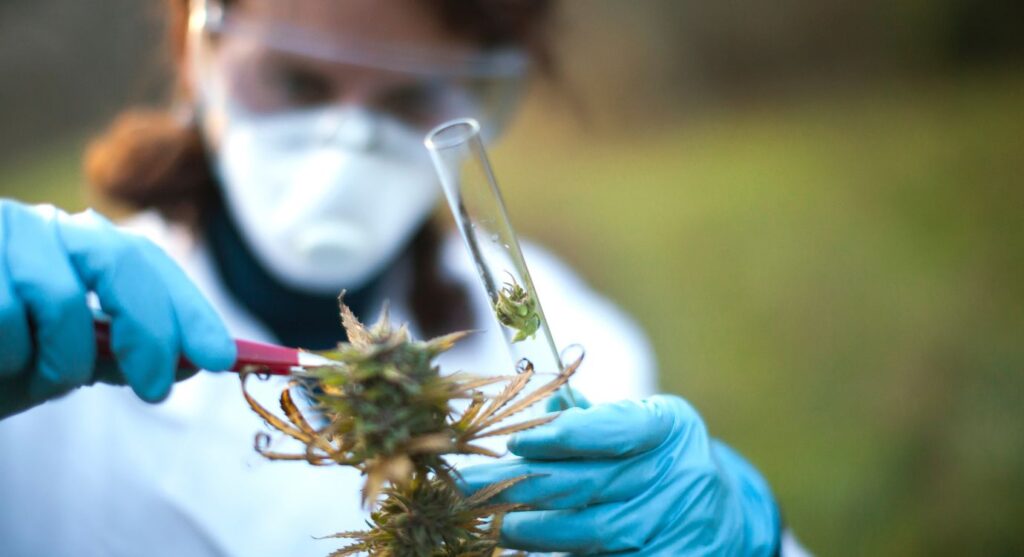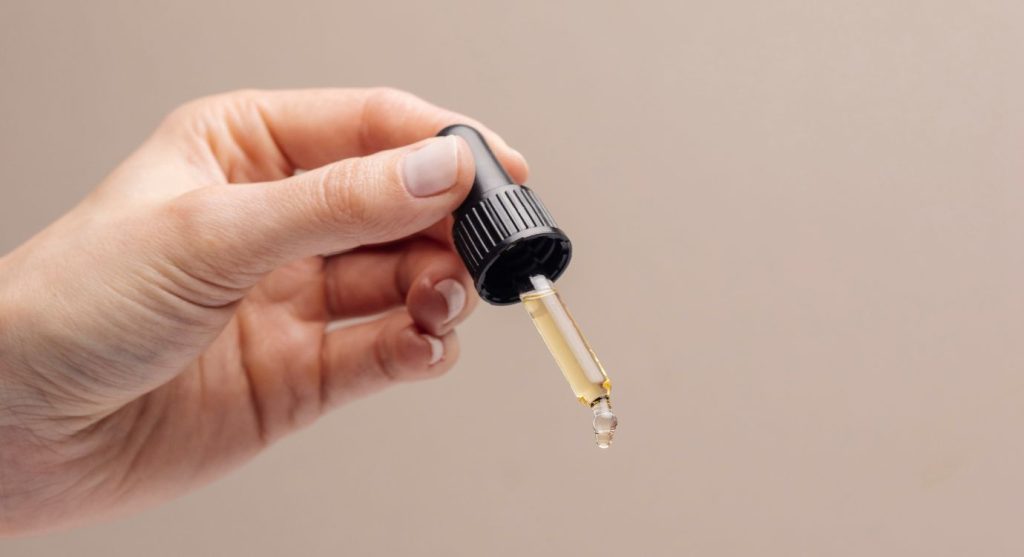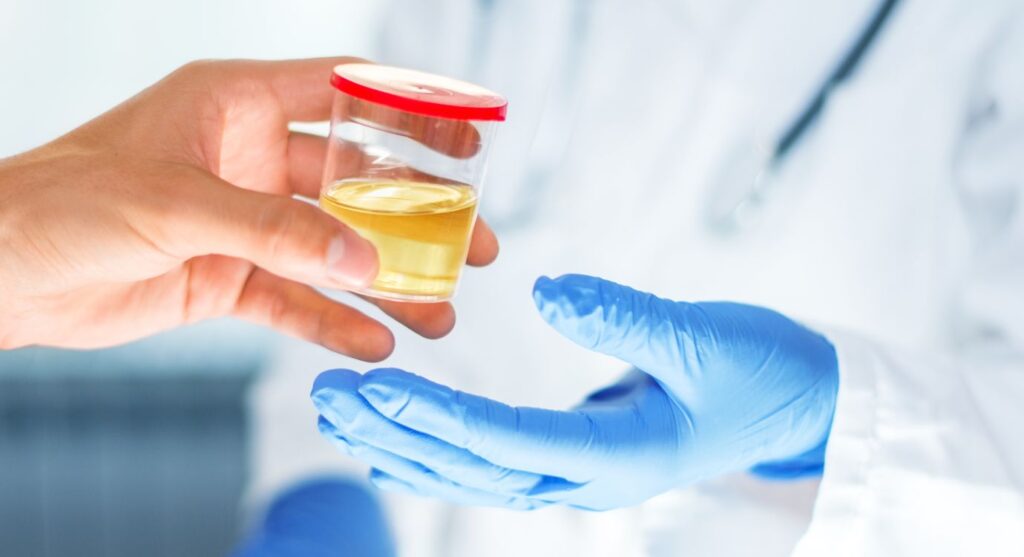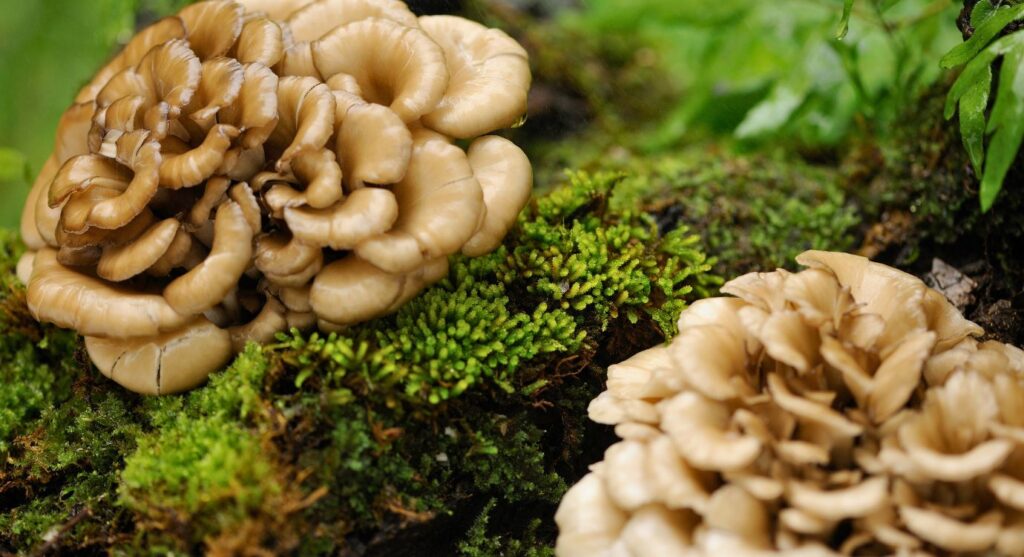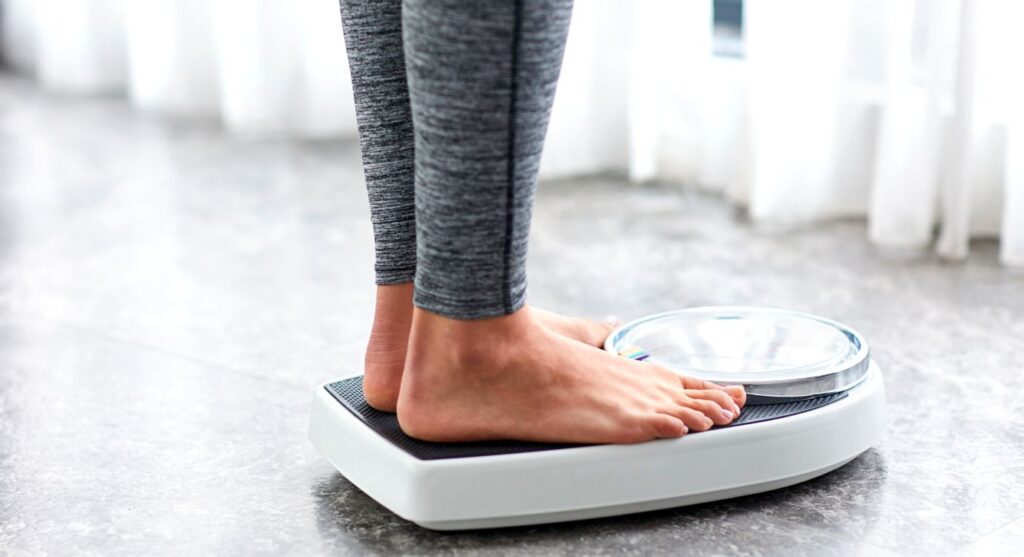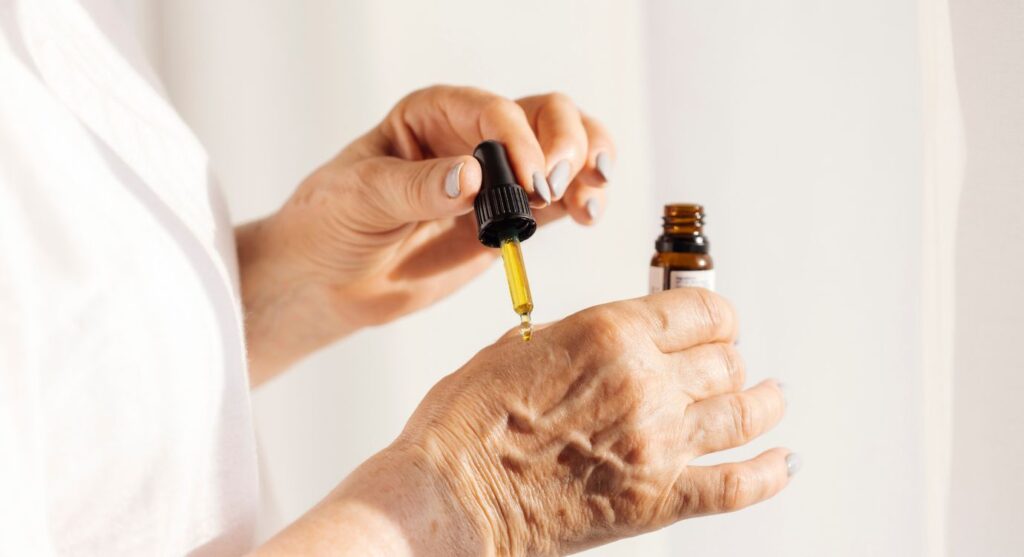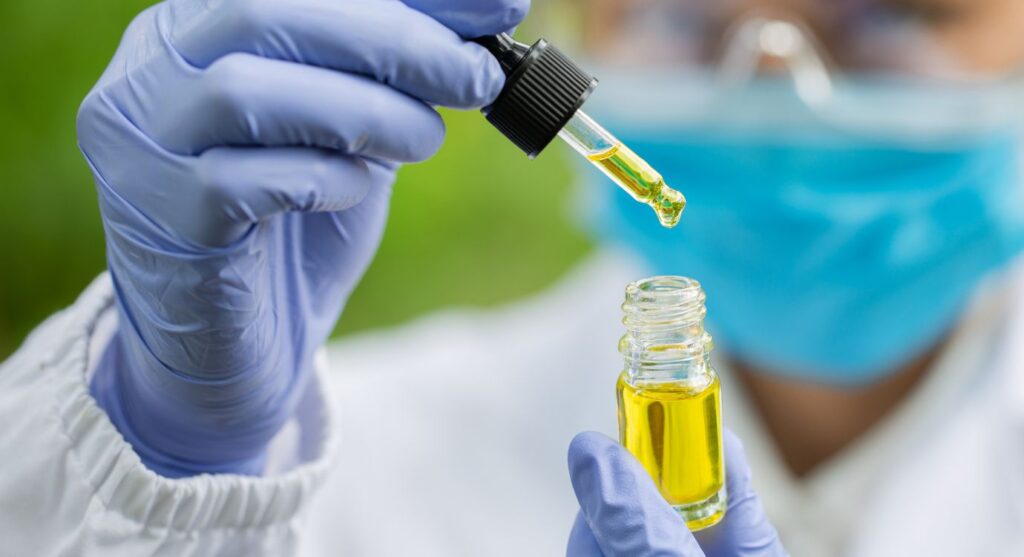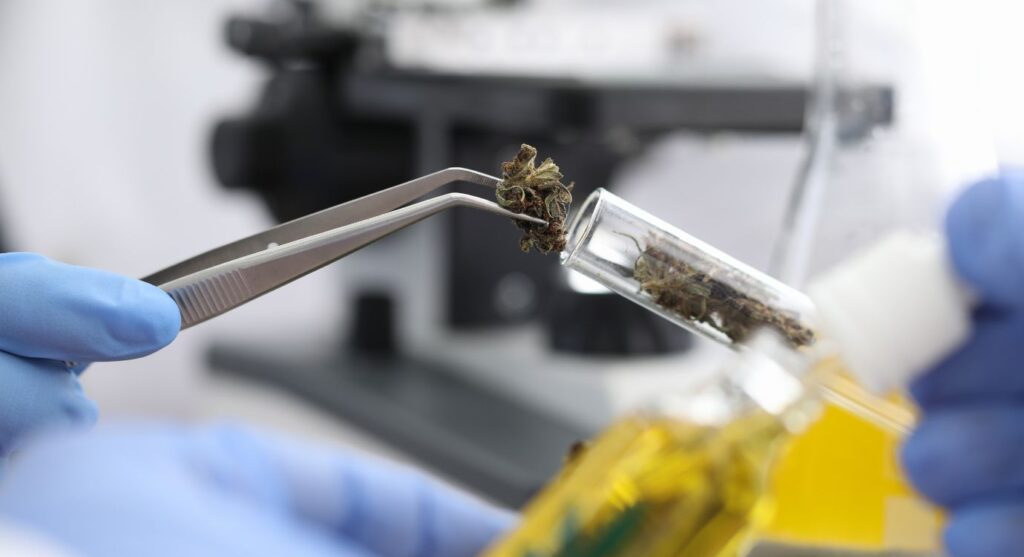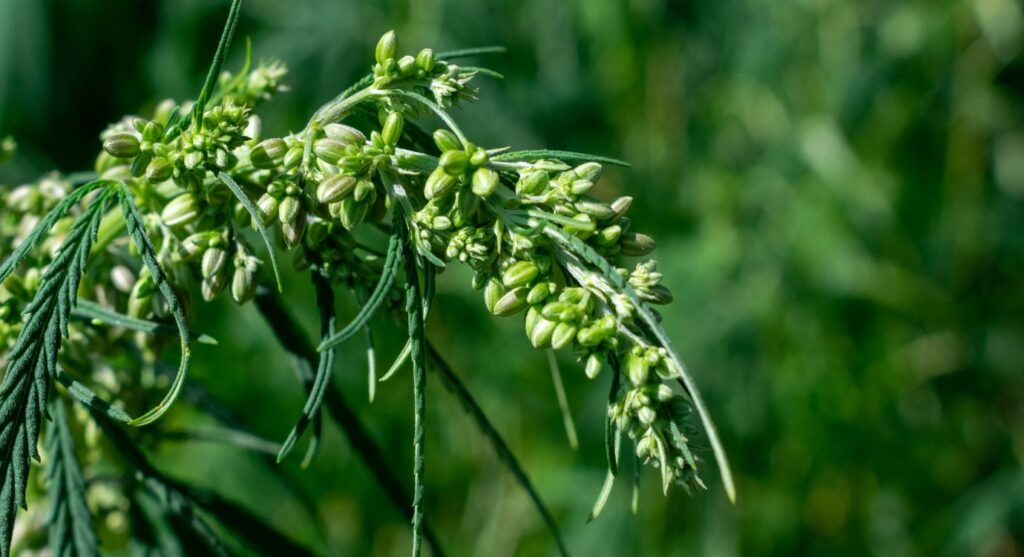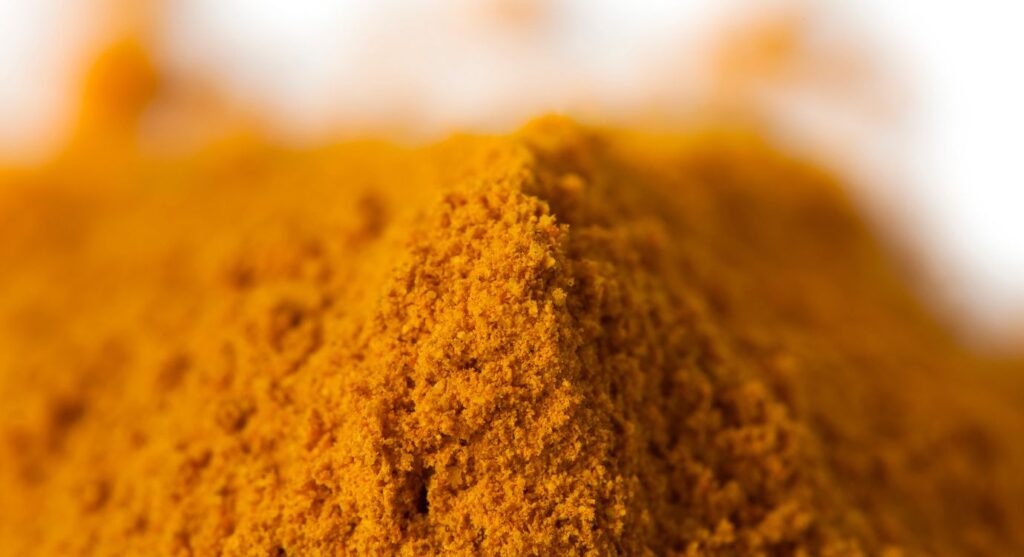Polycystic ovary syndrome, or PCOS for short, is one of the most common hormonal endocrine discharges in women of childbearing age.
It can cause a range of symptoms, such as irregular periods, acne, weight gain, and fertility problems.
This condition plagues about one in every ten women of reproductive age, which is expected to increase with time.
There is no cure for PCOS, and treatment options may be limited and cause side effects. This has led to many women turning to alternative therapies and herbal remedies to manage their symptoms.
One such remedy is ashwagandha, an ancient adaptogenic herb commonly used in Ayurvedic medicine.
But does it really work? And if it does, how?
To answer these questions, we’ve created a guide to discuss:
- If taking ashwagandha for PCOS works
- ashwagandha benefits for PCOS
- How to use ashwagandha for PCOS
In this guide:
Is Ashwagandha good for PCOS?
Yes, ashwagandha has shown potential benefits for women with PCOS, as suggested by several studies.
It is believed that ashwagandha can improve insulin sensitivity and reduce markers of inflammation, which are common features of PCOS that lead to symptoms like weight gain and irregular periods.
Nonetheless, the use of ashwagandha for PCOS is still an area of ongoing research. Thus far, studies have only been conducted on animals and at a cellular level, and the evidence of its effectiveness is still limited.
What are the benefits of Ashwagandha for PCOS?
Recently, the superpowered adaptogenic mushroom ashwagandha has been tagged as a viable solution for managing PCOS and its symptoms.
Here are a few potential benefits of taking ashwagandha for PCOS:
Ashwagandha reduces stress and anxiety
Did you know that women with PCOS are more likely to experience symptoms of anxiety and depression compared to women without the condition?
This is due in part to hormonal imbalances that are characteristic of PCOS, such as elevated levels of male hormones and insulin resistance. Physical symptoms of PCOS, such as acne and excessive hair growth, can also contribute to feelings of stress and anxiety.
Fortunately, ashwagandha may help reduce stress and anxiety in women with PCOS.
Ashwagandha is an adaptogenic herb, which means it helps the body adapt to stressors and maintain balance. The primary active components in ashwagandha, withanolides, have been shown to have anxiety-reducing effects.
Ashwagandha reduces stress in two primary ways.
Firstly, it modulates levels of stress hormones, such as cortisol, which, when elevated, can lead to a range of negative health effects.
In a study of 58 people over an 8-week time frame, those who took 250 to 600 mg of ashwagandha extract showed a significant reduction in cortisol levels and perceived stress compared to those who took a placebo.
So, by reducing cortisol levels, ashwagandha may help reduce anxiety and improve overall mood.
Secondly, ashwagandha may enhance GABA activity in the brain, a neurotransmitter that helps calm the nervous system to reduce anxiety and promote relaxation.


Ashwagandha improves hormonal balance
Ashwagandha may be helpful in improving hormonal imbalance in women with PCOS in several ways, including:
1. Reducing androgen levels
Women with PCOS often have elevated levels of androgens (male hormones), such as testosterone. This can lead to various symptoms, such as irregular menstrual cycles, acne, excessive hair growth, and infertility.
Ashwagandha has been shown to reduce androgens levels in women with PCOS. In one study, women who took ashwagandha for five months had significantly lower levels of testosterone compared to those who did not take the herb.
So, by reducing androgen levels, ashwagandha may help alleviate certain symptoms of PCOS.
2. Regulating the HPA axis
The HPA axis plays a crucial role in regulating hormone production in the body.
Ashwagandha has been shown to regulate the HPA axis by reducing cortisol levels and increasing thyroid-stimulating hormone (TSH) and follicle-stimulating hormone (FSH) levels. This regulation may help balance hormone levels in women with PCOS.
Treat inflammation with ashwagandha
PCOS is characterised by chronic low-grade inflammation in the body, which can lead to a range of negative health effects, including insulin resistance, metabolic dysfunction, and increased risk of cardiovascular disease.
Ashwagandha possesses anti-inflammatory effects that may be helpful in reducing inflammation in women with PCOS. It accomplishes this through the following means:
1. Inhibiting pro-inflammatory cytokines
Ashwagandha has been shown to inhibit the production of pro-inflammatory cytokines, such as TNF-alpha and IL-6, which are elevated in women with PCOS. By reducing the production of these cytokines, ashwagandha may help reduce inflammation in the body.
In a 2008 study, adults experiencing stress took extracts of ashwagandha for 69 straight days. They had a significant reduction in an inflammatory marker called C-reactive protein.
2. Reducing oxidative stress
Ashwagandha has antioxidant properties that may help reduce oxidative stress in the body. Oxidative stress is a process that occurs when there is an imbalance between free radicals and antioxidants in the body, which leads to inflammation and tissue damage.
By decreasing oxidative stress, ashwagandha may help reduce inflammation and enhance overall health.
3. Improving gut health
Ashwagandha has been shown to improve gut health by increasing the production of beneficial gut bacteria. Gut health is closely linked to inflammation, and a healthy gut can help reduce inflammation throughout the body.
Ashwagandha for infertility
Preliminary research suggests that ashwagandha may have potential benefits in combating infertility and irregular menstrual cycles.
For example, one study found that women who took ashwagandha for five months had a significantly higher rate of ovulation compared to those who did not take the herb. Improved ovulation leads to a more regular menstrual cycle, and this can assist in increasing fertility.
Another study published in the Journal of Alternative and Complementary Medicine in 2018 found that ashwagandha supplementation improved hormone levels, menstrual regularity, and fertility outcomes in women with subclinical hypothyroidism, which is commonly associated with PCOS.
However, more research is needed to confirm these effects and to determine the optimal dosage and duration of treatment.
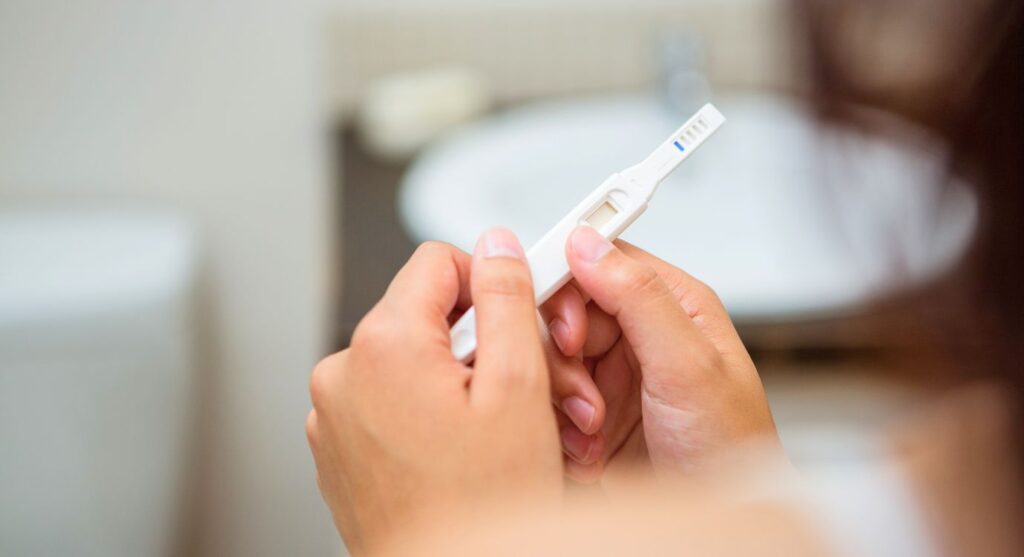

How do I use Ashwagandha for PCOS?
Here are a few things to keep in mind when using Ashwagandha for PCOS:
- Consult with a healthcare provider
Before using any supplement, including ashwagandha, it is important to speak to a healthcare provider to ensure it is safe and appropriate for your individual needs. - Choose a high-quality Ashwagandha supplement
Ashwagandha can be consumed in various forms, such as capsules, powders, tinctures, and teas, based on your preference. Just be sure to select a high-quality supplement that is standardised for withanolides, the active compound in ashwagandha. - Follow the recommended dosage
The recommended dosage of ashwagandha can vary depending on the supplement and individual needs. Follow the dosage instructions on the label or as directed by your healthcare provider. - Monitor for side effects
Although ashwagandha is generally considered safe, on rare occasions, it can cause side effects such as upset stomach, diarrhoea, and nausea. If you experience any adverse reactions, discontinue use and speak with a healthcare provider. - Combine with other lifestyle changes
Ashwagandha is not a cure for PCOS, but it may help to reduce some of the symptoms. Combine ashwagandha with other lifestyle changes such as a healthy diet, regular exercise, and stress management to support overall health and well-being.
Read more: When to take ashwagandha
How much Ashwagandha should I take for PCOS?
The recommended dosage of ashwagandha for PCOS can vary depending on the supplement and individual needs.
However, a common dosage used in studies is around 250-500 mg of standardised extract, taken 1-2 times per day for at least a month before you can see the benefits.
Remember that the appropriate ashwagandha dosage may vary depending on factors such as your age, weight, overall health, and other medications or supplements you might be taking.
Therefore, it is advisable that you consult with a healthcare provider before using ashwagandha to get personalised advice on the appropriate dosage and to monitor for any potential interactions or side effects.
10% off on your first order
Complete this one-minute quiz and find the right products for you.
Who should not use Ashwagandha?
Although ashwagandha is usually safe for most people, there are some people that best avoid it, including:
- Pregnant or breastfeeding women
There is not enough research on the safety of ashwagandha during pregnancy and breastfeeding, so it is better to steer clear during these times. - People with autoimmune diseases
Ashwagandha can stimulate the immune system, which may worsen symptoms of autoimmune diseases like rheumatoid arthritis, lupus, and multiple sclerosis. - People taking medications for thyroid disorders
Ashwagandha can potentially increase thyroid hormone levels, so it is important to speak to a healthcare provider before taking it if you have a thyroid disorder or are taking medication for it. - People with low blood pressure
Ashwagandha may lower blood pressure, so people with low blood pressure should be cautious when taking it. - People with gastrointestinal issues
Ashwagandha can irritate the gastrointestinal tract and cause stomach upset or diarrhoea in some people.


Final words on Ashwagandha and PCOS
Ashwagandha has shown promising results in helping women with PCOS manage their symptoms.
It can reduce stress and anxiety, which are often associated with hormonal imbalances characteristic of PCOS. It can also improve hormonal balance, regulate the HPA axis, and promote ovulation.
However, it is essential to remember that ashwagandha is still an area of ongoing research, and its effectiveness is currently limited. Women with PCOS should consult their healthcare provider before using ashwagandha to ensure it is safe for them.
Nonetheless, ashwagandha is a natural remedy that could help women with PCOS improve their quality of life.
Frequently asked questions:
What does Ashwagandha do to female hormones?
Ashwagandha may help balance female hormones by reducing cortisol levels and improving thyroid function.
Does Ashwagandha regulate periods?
While some studies suggest that ashwagandha may regulate periods and improve infertility, further research is needed to confirm these potential benefits.













